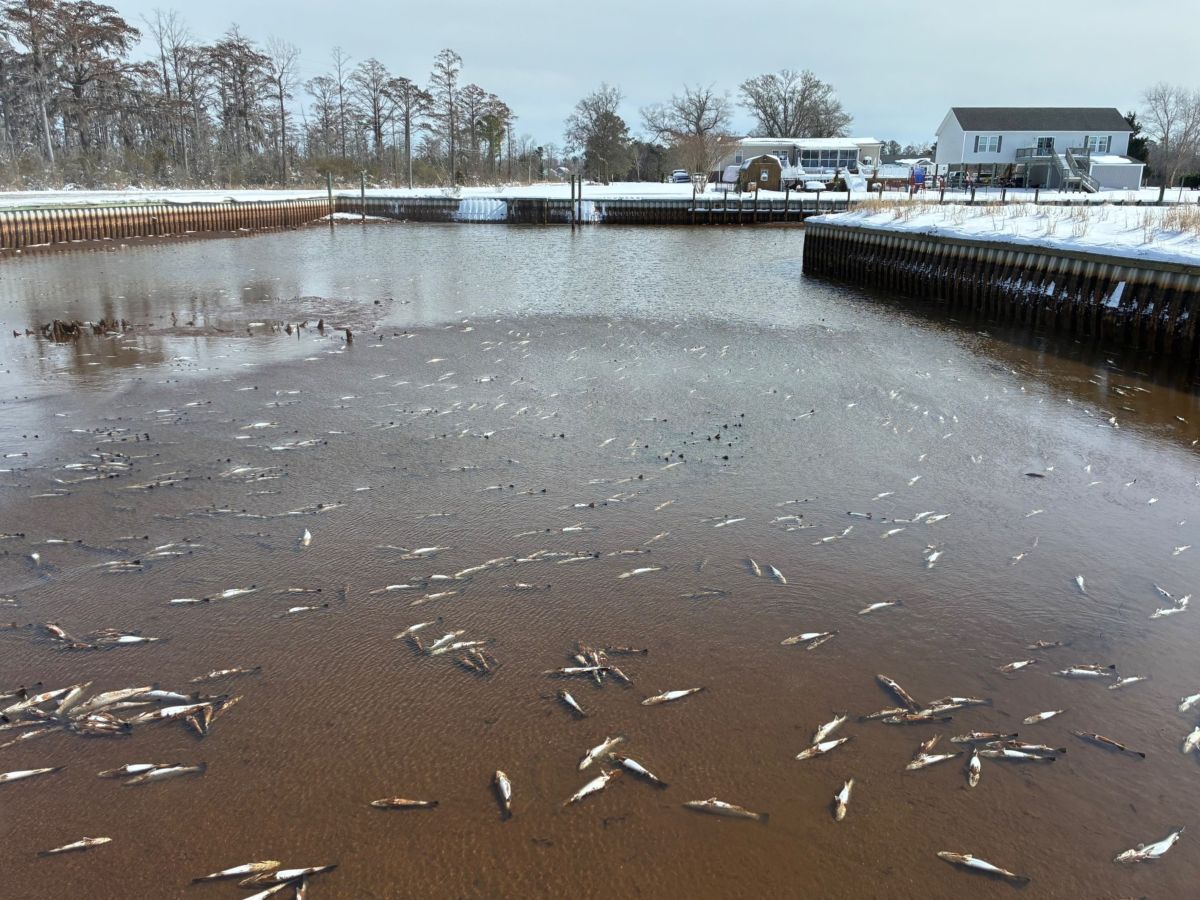Editor’s note: To stimulate discussion and debate, Coastal Review Online welcomes differing viewpoints on topical coastal issues. See our guidelines for submitting guest columns. The opinions expressed here are not necessarily those of Coastal Review Online or its publisher, the North Carolina Coastal Federation.
The beach has always been a special place for me and my family. As a Wilmington native, I value the beauty of the North Carolina coastline. Still today, I enjoy plying the inland and nearshore waters of New Hanover, Pamlico, Carteret and Hyde counties. The community of this region is like family to me. We all have strong opinions on the subject of offshore energy exploration, and I respect the fundamental right to express them. I urge constructive, thoughtful dialogue over what admittedly is an extremely emotional issue that evokes deep passionate beliefs on each side of this debate.
Supporter Spotlight

A few weeks ago, the North Carolina Department of Environmental Quality hosted a series of hearings to gather comments for the Bureau of Ocean Energy Management (BOEM) as they develop the oil and natural gas lease plan for 2019-2025. As I attended these hearings, I was struck by the need for fact-based, informed discussions about whether to undertake future development of oil and natural gas off North Carolina’s coast. There is an extremely long, detailed and transparent regulatory process in place with multiple opportunities for public comment before any drilling activity would occur. If North Carolina is included in this draft lease plan, we are still at minimum of eight to ten years from any potential drilling off our cost, but there is a significant amount of due diligence that needs to happen between now and then
To that end, it is unfortunate that Governor Cooper unilaterally made the decision to oppose updated seismic research and potential future access, even before these hearings. In doing so, he passed up a significant opportunity to play a constructive role in the debate if the Trump Administration moves forward with their plans. To ensure North Carolina has a seat at the table to negotiate the best possible terms on potential revenue sharing, economic development and environmental protection measures, the state should remain engaged.

In the interim, seismic survey research, which is a proven safe technology, is absolutely necessary to better understand our gas and oil resources. According to BOEM’s chief environmental officer, Dr. William Brown, seismic surveys have no known detrimental impact to marine animal populations or to commercial fishing. This research allows industry, the federal government, elected officials and the general public through BOEM resource evaluations to determine whether areas are economically and environmentally viable for energy production. If we know where our resources are, we have the added environmental benefit to rule out areas for further exploration, drastically limiting potential impacts.
Current resource estimates for North Carolina are over 30 years old. The data was collected, processed and analyzed with that era’s technology. This means we’re having today’s conversation about whether we should pursue development without having accurate data available to us.
Embracing our nation’s offshore energy potential could provide enormous benefits to North Carolina. Our state is uniquely positioned to add thousands of additional jobs and increase local revenue through safe and environmentally responsible offshore energy development. Already, the oil and natural gas industry directly and indirectly supports 141,500 jobs in North Carolina, according to a recent study by PriceWaterhouseCoopers. In 2015 — the last year with complete data — the industry added $13.41 billion to the state’s economy.
Supporter Spotlight
The industry has made great strides in safety for offshore operations. As demonstrated around the world in places like Canada, Norway, and even here in the United States, offshore operations can safely coexist with tourism and fishing industries while providing much needed diversity for local economies. Researching and potentially developing our abundant offshore energy resources in the Atlantic is a critical part of an energy policy that will secure our nation’s energy future, advance our national security interests, protect the environment, and help meet the energy needs of the consumers and businesses of North Carolina.







